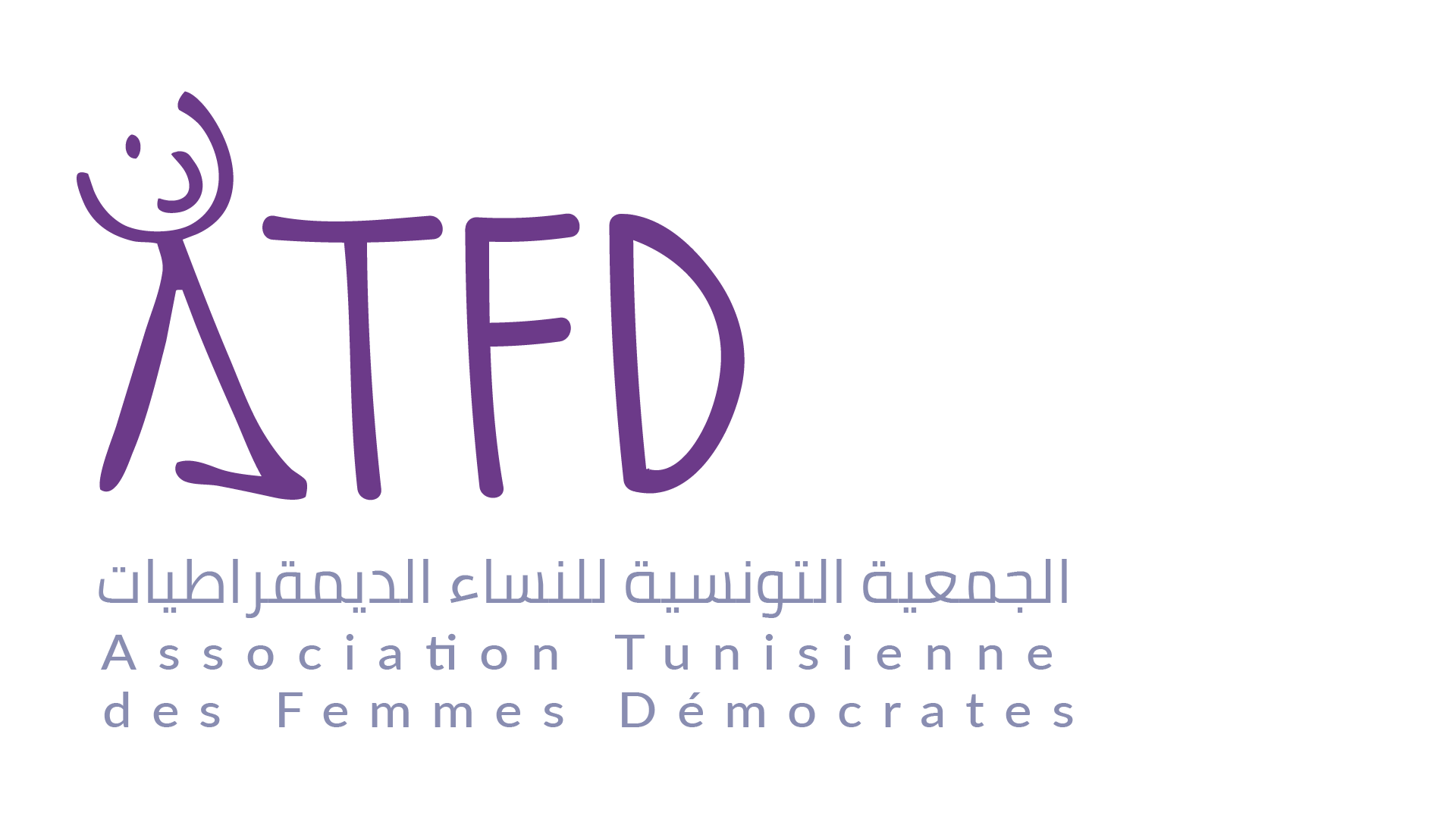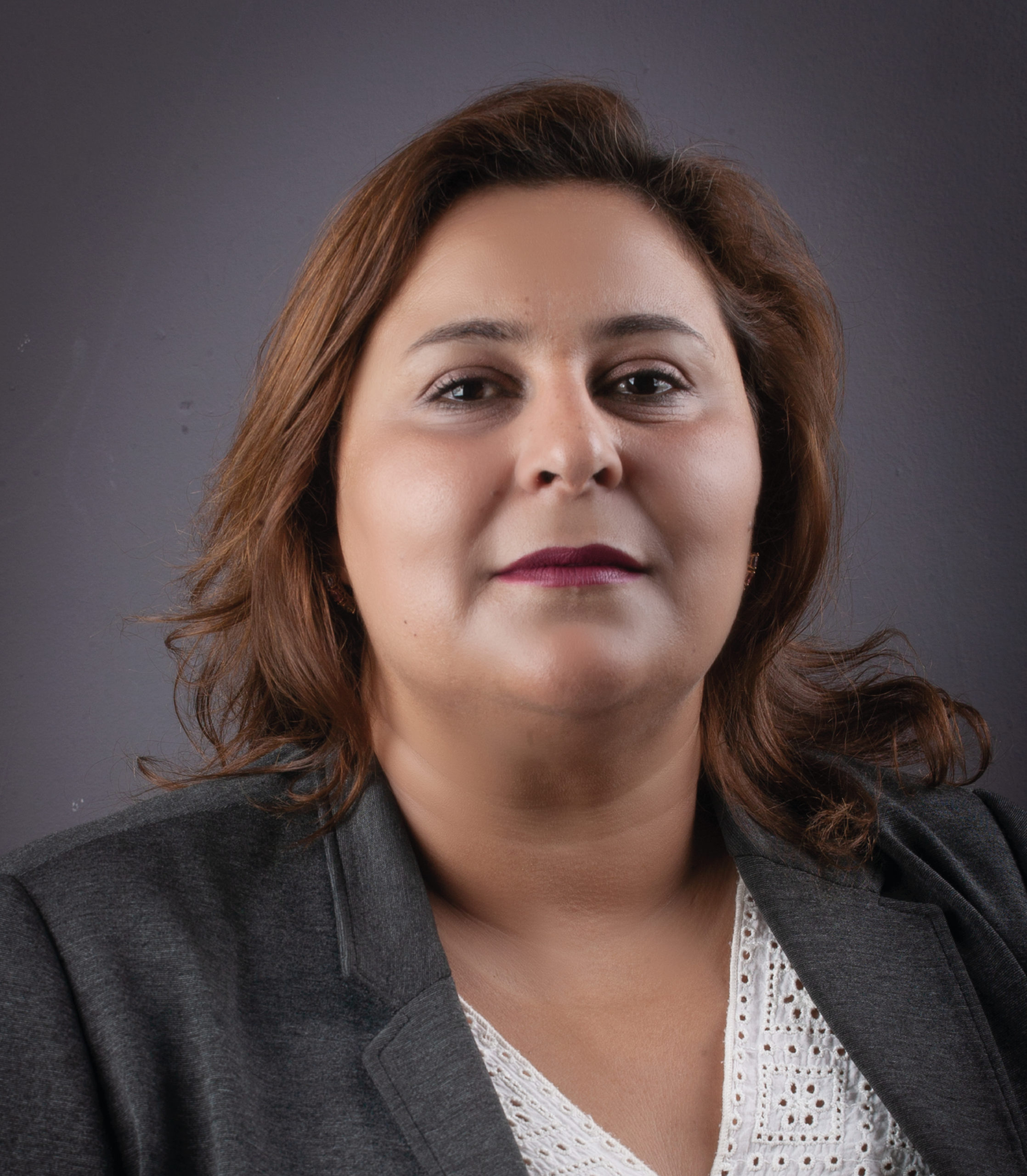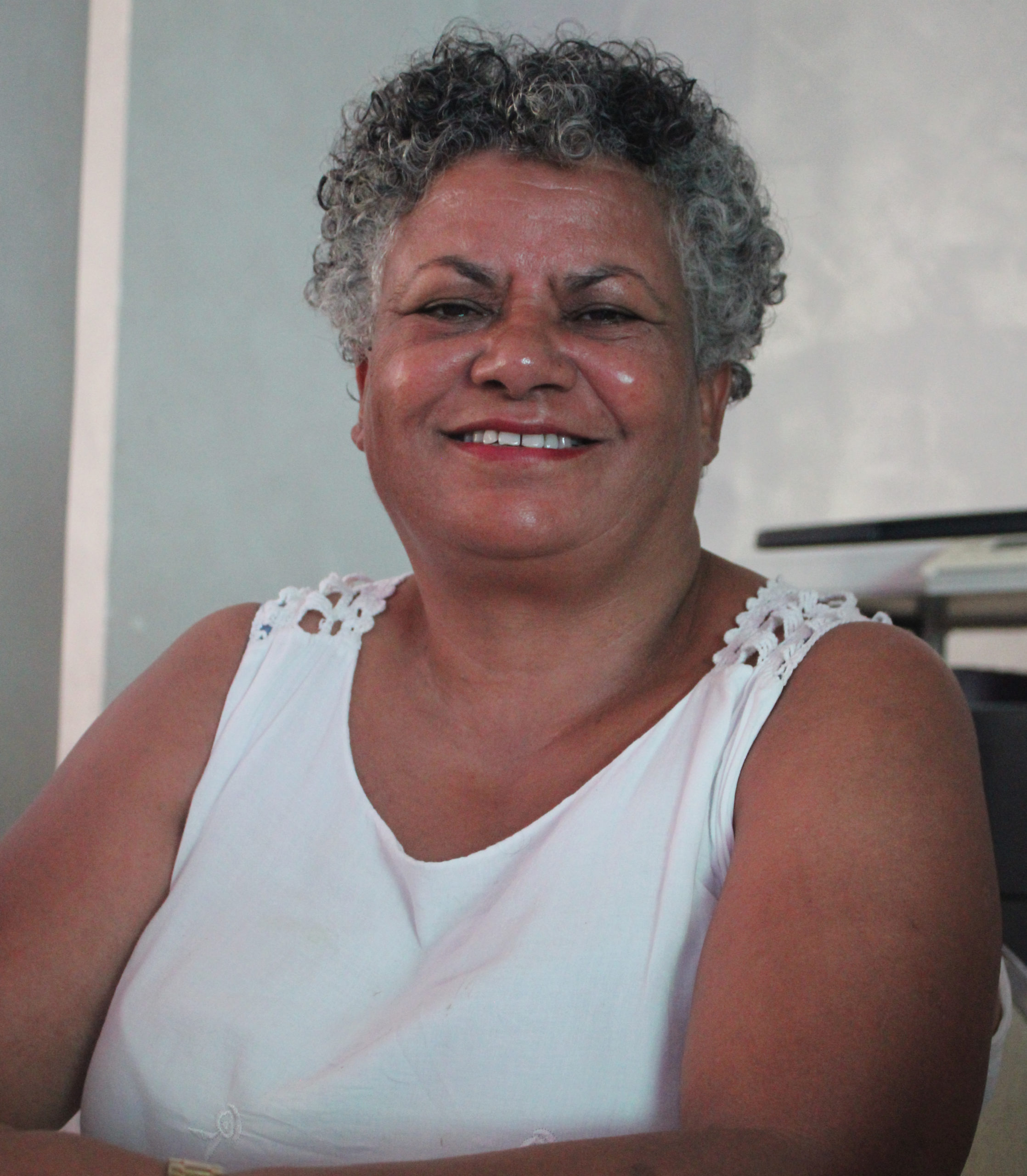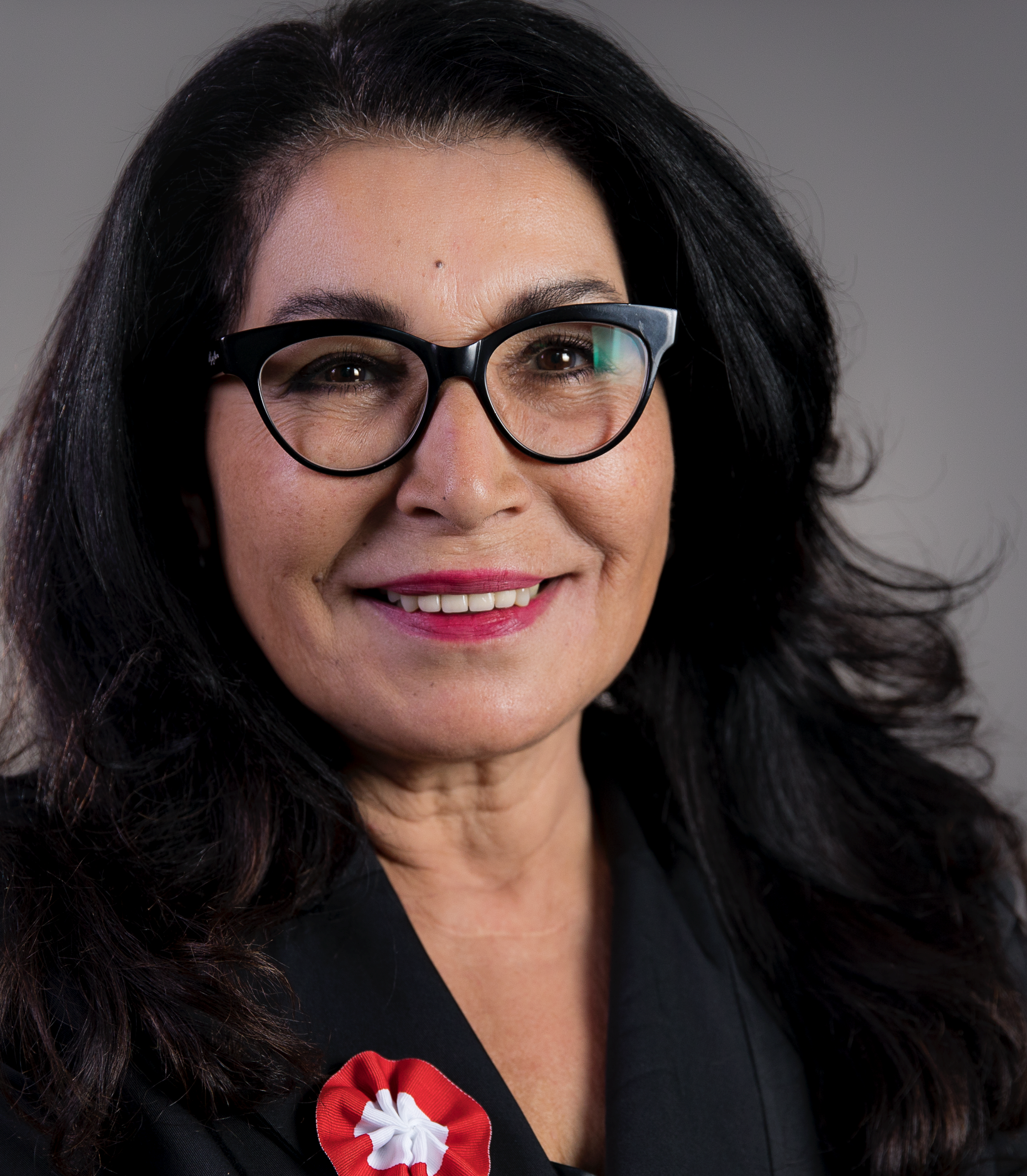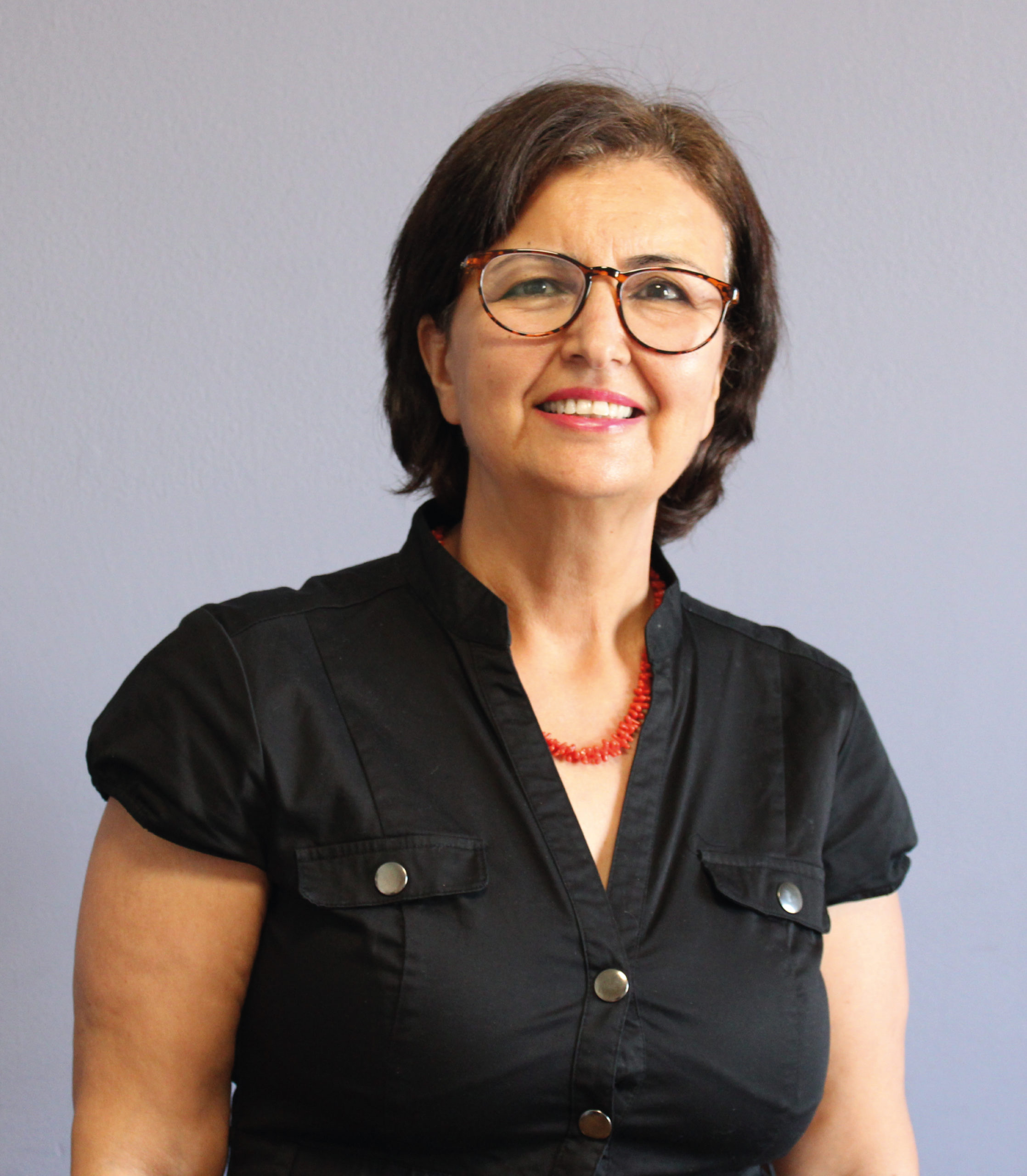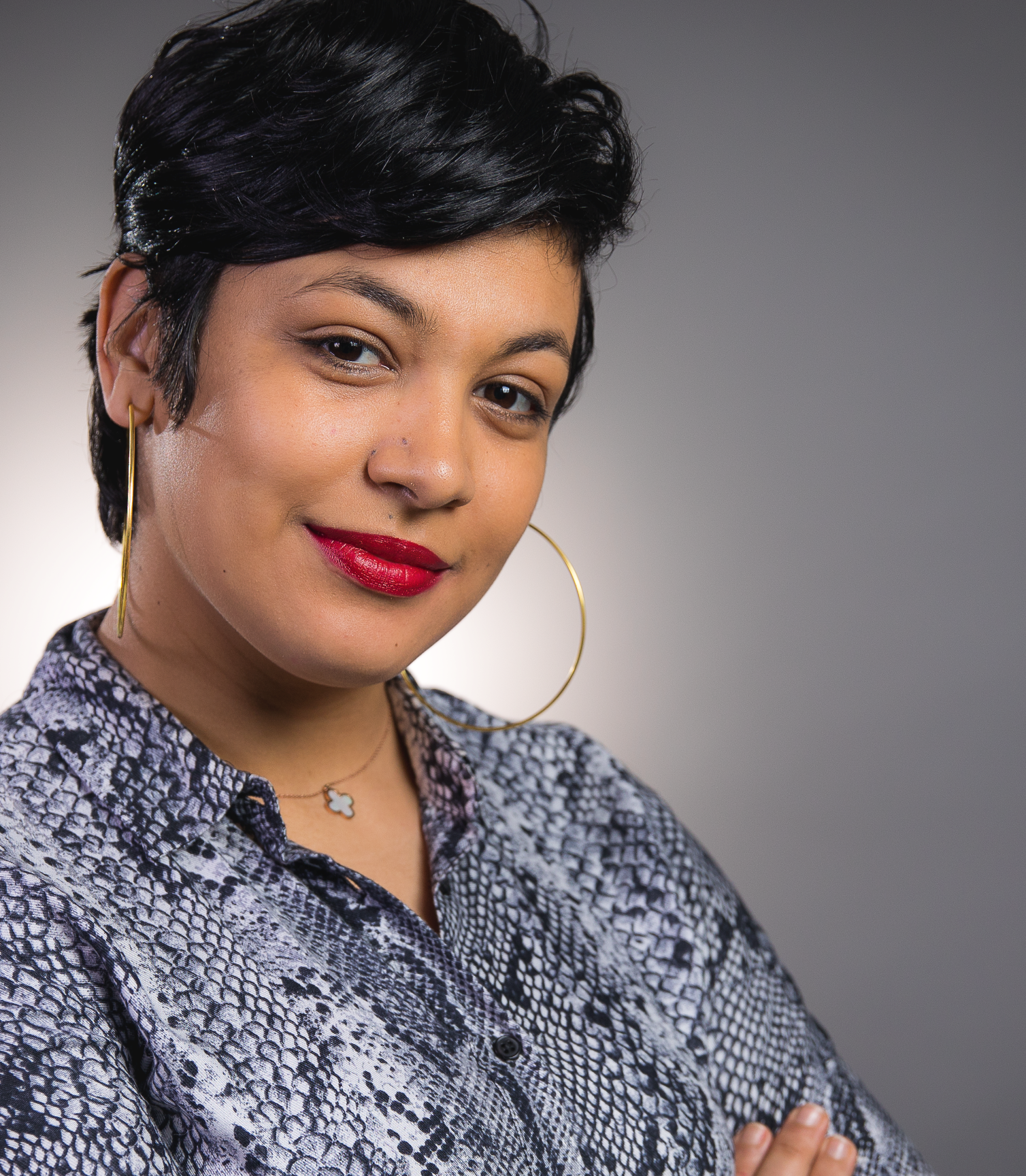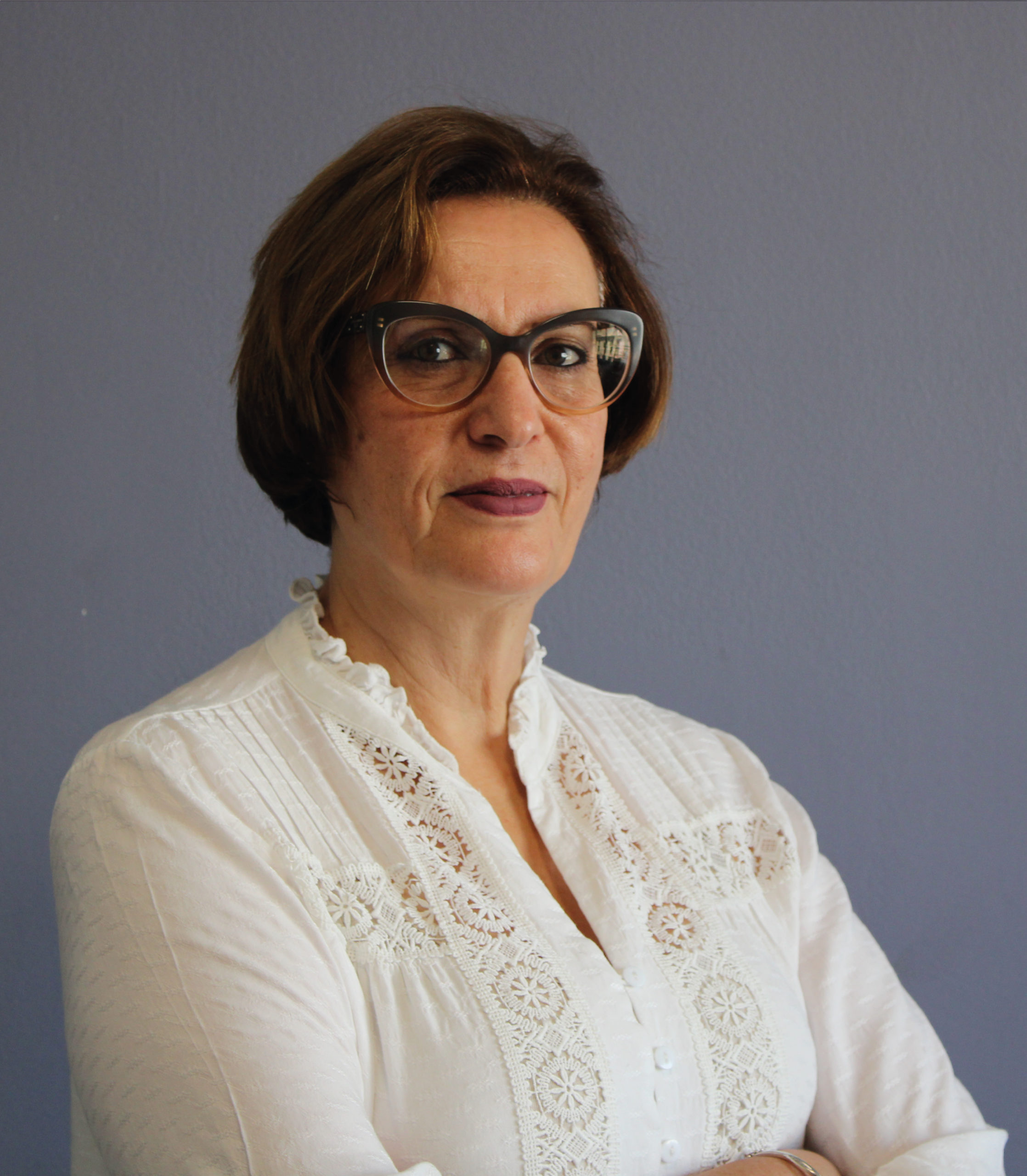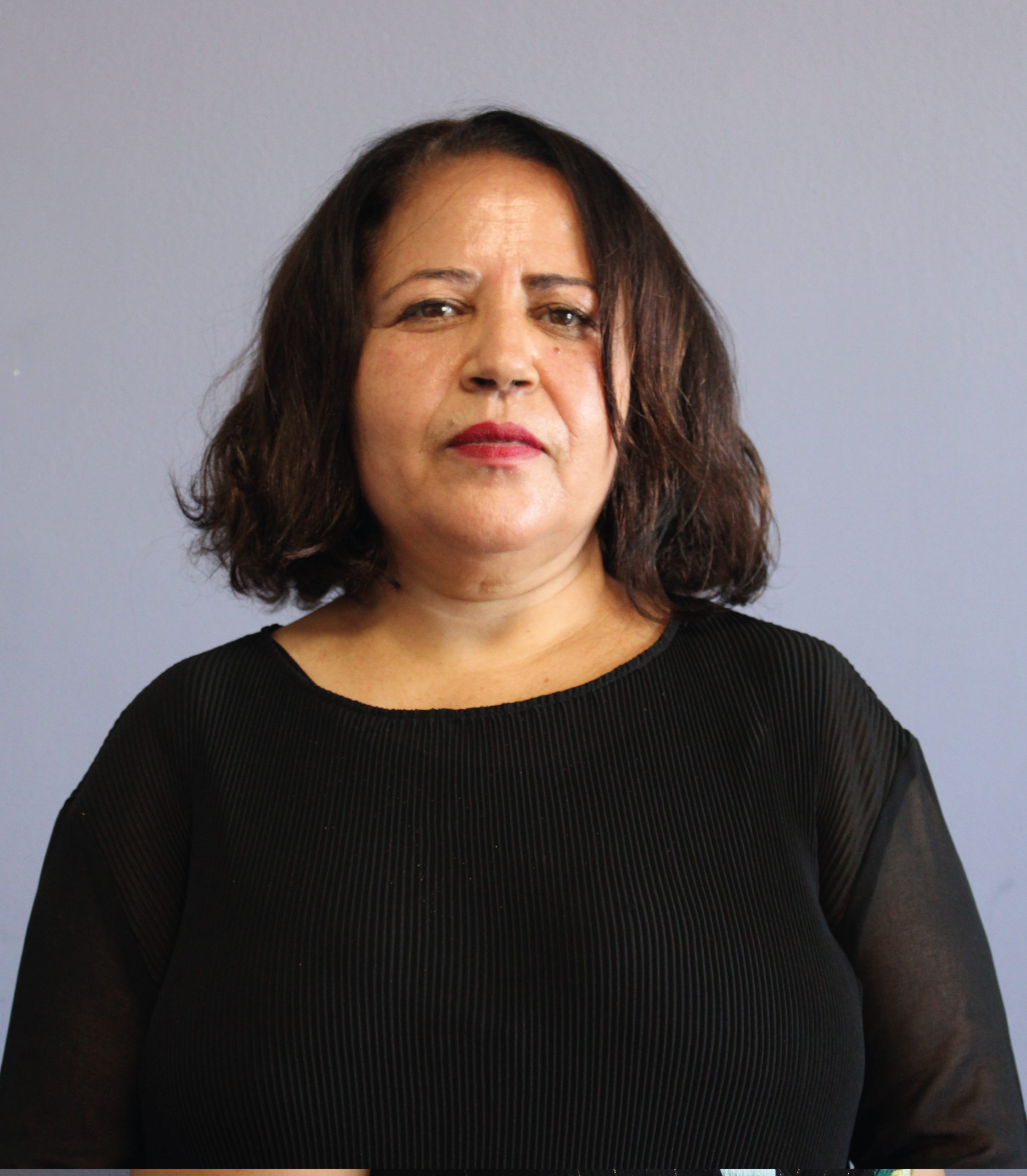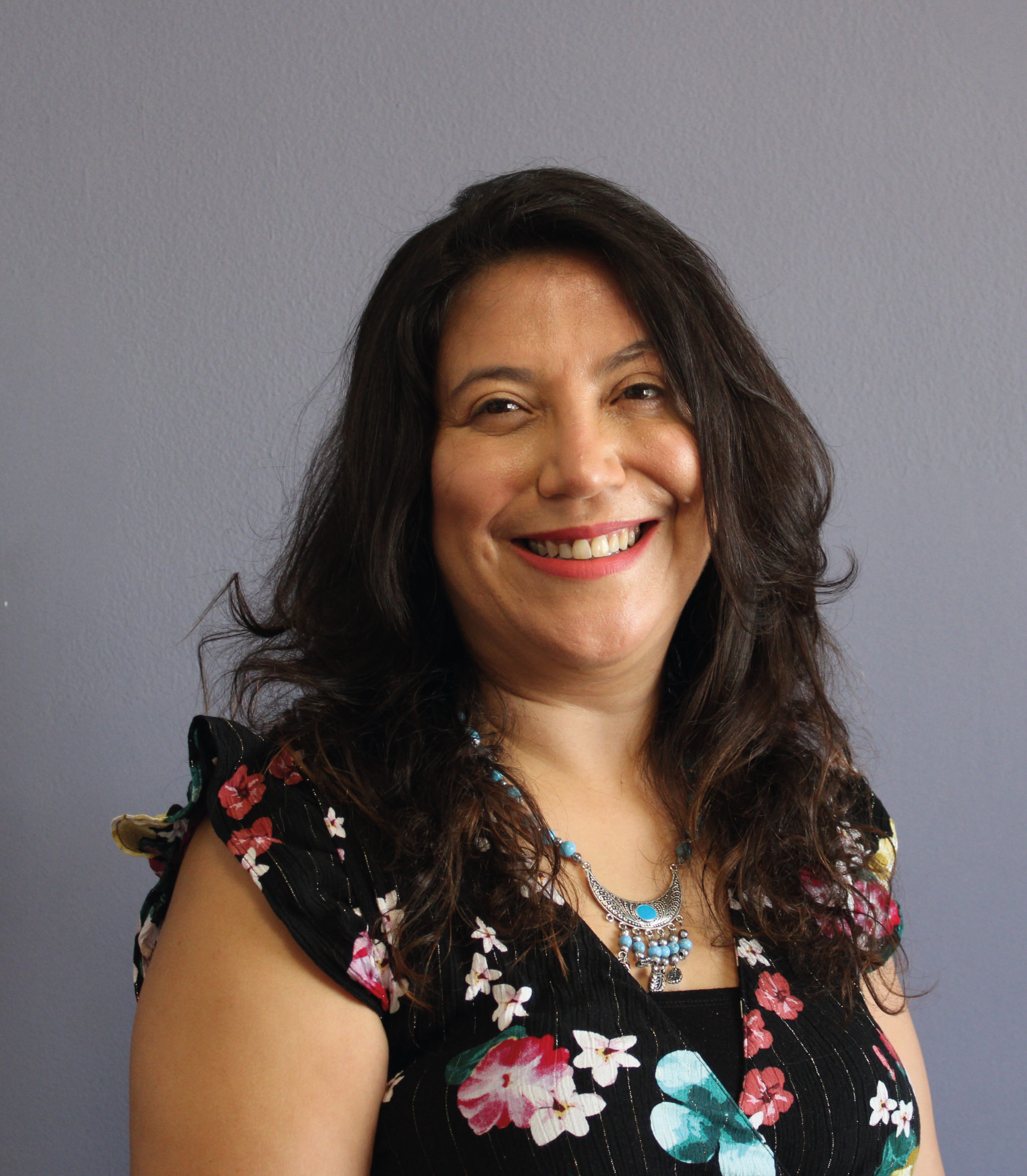THE TUNISIAN ASSOCIATION OF DEMOCRATIC WOMEN
THE TUNISIAN ASSOCIATION OF DEMOCRATIC WOMEN (ATFD) IS A TUNISIAN NON-PROFIT ASSOCIATION THAT CAMPAIGNS TO SPREAD THE CULTURE OF GENDER EQUALITY AT ALL SOCIAL, ECONOMIC, POLITICAL, CULTURAL, AND LEGAL LEVELS.
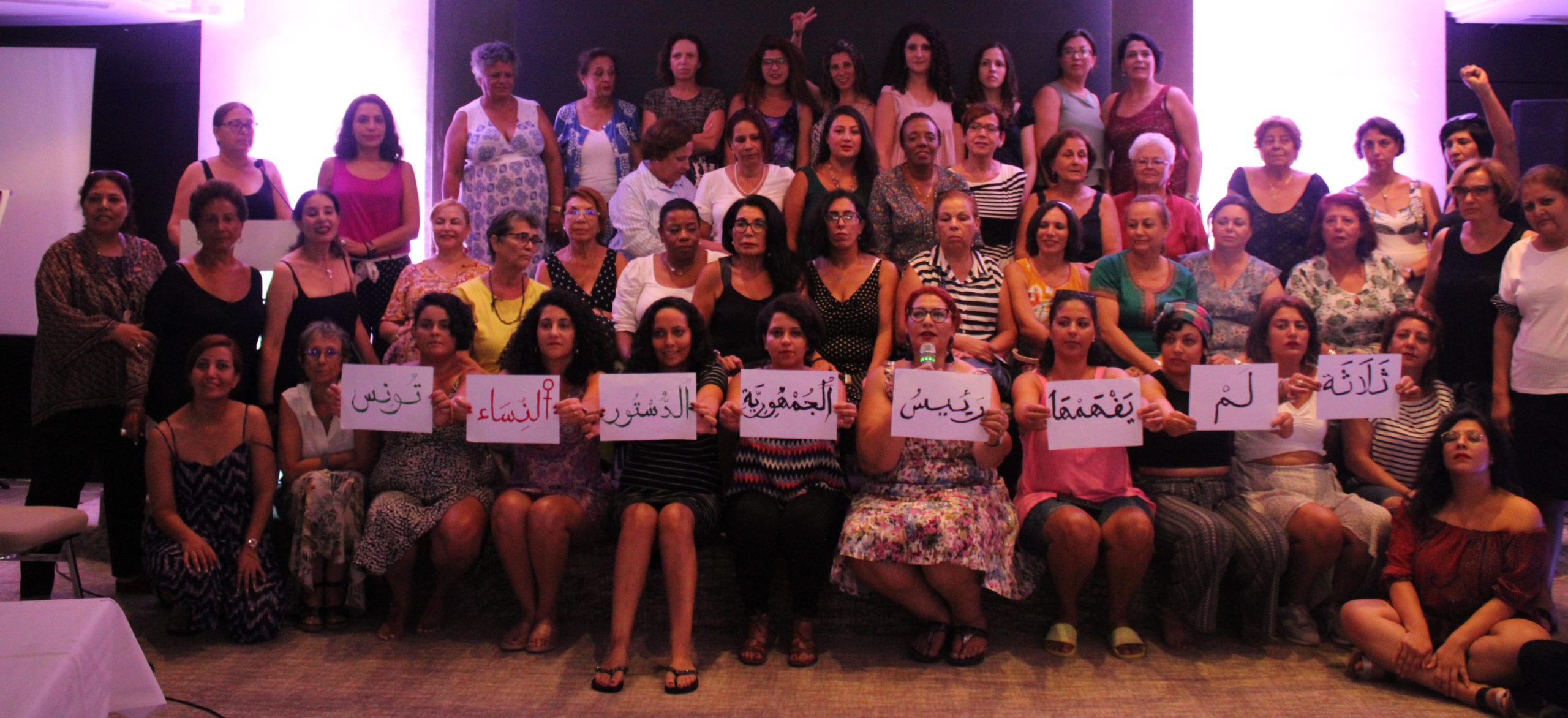
The association also advocates for the defense of women’s rights in its support for women victims of violence and discrimination. It also works to strengthen the capacities of women and youth.
ATFD advocates against the patriarchal system, against all forms of gender discrimination, and against all forms of violence against women. It also campaigns for the evolution and dissemination of a feminist, secular, and progressive discourse for a Tunisia in which dignity, freedoms, democracy, equality and social justice are respected.
In accordance with domestic and international instruments, declarations and conventions concerning human rights, and in particular the Convention on the Elimination of All Forms of Discrimination against Women (CEDAW/Copenhagen), the ATFD works towards:
- the elimination of all forms of discrimination against women
- the defense of the gained rights (for women) and the evolution of the Tunisian legislations towards an effective equality between sexes
- the transformation of patriarchal mentalities
- the assumption of responsibility by women for their problems and the fight in solidarity for non-discriminatory solutions
- the participation of women in civil and political life
- the unrestricted recognition of women’s full citizenship
- the fight against all forms of violence against women.
COMMISSIONS
The members of ATFD participate in different committees to develop the programs of the association. These committees are open to interested and resourceful women:
Women and politics committee
heritage committee
Committee on Legal Affairs
Education and culture committee
Information and Communication Committee
Committee to fight violence against women
Social and economic rights committee
BOARD OF DIRECTORS
The History of ATFD
ATFD was founded by the autonomous women’s movement, which, since the 1970s, had materialised various forms and structures: the 1978 “Tahar Haddad” Club for the Study of the Condition of Women, 1982 UGTT Commission for the Study of the Condition of Women Workers, the 1983 “Nissa” magazine, and the 1984 LTDH Women’s Commission. This was then followed by the birth of the Association of Tunisian Women for Research and Development (AFTURD) in 1988 and finally ATFD in 1989.
This movement strived for: the rehabilitation of the women’s struggle since the 1930’s, the recognition of the pioneering work of the Muslim Union of Tunisian Women (UMFT) and the Union of Tunisian Women (UFT), and the revival of the celebration of the 8th of March (International Women’s Day), which had not been celebrated since the 1940’s. The ATFD was created on 6 August 1989 (legal notice N° T-3690, JORT n°72 of 15 September 1989). In 2004, the ATFD obtained Observer Status at the Economic and Social Council (ECOSOC) of the United Nations.
Our charter
Considering that the recognition of our political, economic and social rights constitutes, despite shortcomings, an important step taken on the path to equality between the sexes, on which there is no question of going back.
Considering that discrimination against women has not been entirely eliminated, due to the persistence of patriarchal values and the narrowing of the spaces in which these rights could be exercised effectively.
Considering that some wanted to seize the opportunity of the aggravation of the crisis to make women shoulder the responsibility and question their achievements.
Considering the urgent need to work for gender equality and for women's access to effective citizenship, within a female framework independent of all political organizations and inscribing its action in all the struggles of women and all the struggles aimed at establishing a just, egalitarian and democratic society, inspired by the universal principles recognized in the declarations and international conventions for the defense of human rights...
We affirm our commitment to the following principles:
Women's rights are an integral part of human rights and a confirmation of the principles contained in the Universal Declaration of Human Rights and in particular in the International Convention of Copenhagen relating to the abolition of all discrimination with regard to women ; such discrimination meaning any segregation, exclusion or sidelining based on sex and aimed at preventing women from exercising their rights and freedoms in the political, economic, social and cultural fields, as in any other field, whatever their marital status and on the basis of equality with men.
Our commitment to women's rights is a commitment to a democratic society where all sexual, social or religious discrimination would be abolished.
Our commitment to women's rights is a commitment to a democracy that is not limited to the public sphere with its political, economic and social dimensions, but also concerns the private sphere.
Progress cannot be achieved for our society by excluding or marginalizing women who represent half of the population. It presupposes, on the contrary, their integration into the development process, at all levels and in all sectors.
We consider that our fight for women's liberation is part of the fight led by women and by progressive movements in our country, and represents a desire to advance the enlightened thought that has been expressed in favor of equality. gender, as it fits into the struggles of women around the world for liberation.
This fight can only succeed within the framework of a society governed by positive law enshrining the principles of non-discrimination and equality between the sexes. We consider that the improvement of the status of women is dependent on socio-economic conditions, laws and the evolution of mentalities.
Sensitize women, officials and public opinion to the need to achieve the social conditions without which women cannot benefit from effective equality of opportunity in health protection, education, employment, training and occupational hazard.
Guarantee the effective participation of women in civil and political life, by working for the creation of collective infrastructures for the care of children such as crèches, kindergartens, school canteens as well as by raising awareness of sharing responsibilities within the family.
Encourage artistic creation by women by organizing exhibitions, showing films and presenting literary and scientific works.
1) Against any violation of these rights and will fight all forms of physical or moral violence against women in the public and private spheres, without any restriction.
2) Against everything that contributes, consciously or unconsciously, to giving women a demeaning image, in school textbooks, advertising materials and all the media.
3) Establish links of solidarity and cooperation with women's organizations on the scale of the Maghreb, the Arab World and internationally, as well as with NGOs and humanitarian associations, on the basis of autonomy and mutual respect.
4) Support all those men and women and organizations who campaign in our country, in all Arab countries and throughout the world in favor of a freer, fairer and more egalitarian society.
5) Support all peoples in the fight against
colonialism, racism and oppression and in particular the legitimate struggles of the brotherly Palestinian people, and the people of South Africa, in their just struggle against Zionism and apartheid.
Septemer 1988.
